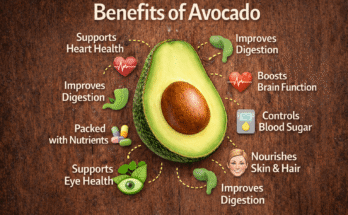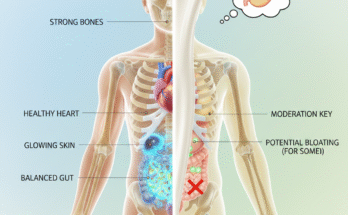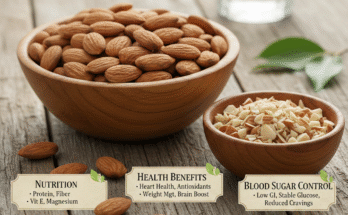In 2018, science largely agrees: being outdoors is good for people. A study report from the UK National Health Service (NHS) shows that this also applies to hobby gardening. For example, a scientific study conducted by the British universities of Westminster and Essex proves that just spending 30 minutes a week in the garden already has a positive effect on your mental health. We will show you the most important health benefits of gardening and why this hobby has a beneficial effect on body and mind.
Nature does us good
Although many of us nowadays have the concrete city jungles as their homes and spend a lot of time behind screens, we are still biologically programmed to enjoy beautiful landscapes, vistas, and the flowers and the bees.
Research has shown that being outside in a green environment contributes in various ways to the health and mental well-being of people.
- Being active in nature reduces stress and is, therefore, a good remedy for stress-related complaints such as irritability, restlessness, and heart complaints. Moreover, it stimulates creativity, which is probably one of the reasons why nature has always been a rich source of inspiration for poets and writers.
- The chance that people will continue to exercise sustainably increases in a green environment. This prevents problems such as obesity or rapidly declining mobility in the elderly.
- Being active in the green often stimulates personal development and meaning.
Gardening and health benefits
Gardening is one of the most enjoyable ways to be outdoors. Enjoying your self-potted and steadily growing plants, being active in arranging the garden according to your wishes, it is a dynamic process of creation and growth that is satisfying. In the following sections, we list the main concrete health benefits of gardening for you.
Relieve stress with gardening
Several studies have shown that being active in the garden after a busy day at the office significantly reduces the amount of cortisol (a stress hormone). This also strengthens the immune system, reducing the risk of diseases and annoying ailments. Regular exposure to sand, plants and other natural elements further strengthens the immune system.
Physical activity
Gardening is also good for the body. Especially if you have a large garden, the combination of pruning, cutting the grass, digging, planting and watering plants, weeding, and disposing of garden waste guarantees a good workout. Moreover, it is an activity that people easily maintain because they enjoy it. This is partly because gardening is varied work and is, therefore, a lot less monotonous than finishing a fixed program in the gym.
According to sports scientists, three hours of moderately intensive gardening equals an hour of buffeting in the gym. Especially for older people, gardening is a pleasant, not overly heavy way to keep in good shape and keep the limbs and muscles flexible, strong, and flexible.
Gardening against depression
Gardening also helps against depression. It increases the production of the happiness hormone serotonin, one of the reasons why various mental illnesses are treated with horticultural therapy.
Whether it’s the visual appeal and refreshing scent of flowering plants, the interaction between plants and pollinators, the high light levels of a sun-drenched garden (which cannot be imitated indoors) or the sense of satisfaction that comes from growing your own food, being in the garden stimulates the senses and stimulates feelings such as confidence and satisfaction.
Garden lovers eat healthier
The diet is often positively influenced by gardening activities. People who garden, especially if they also have their own vegetable garden or allotment, usually eat healthier than their peers who spend little time in the garden and outdoors.
For example, gardeners eat more fruits and fresh vegetables on average. In addition, they also mainly receive food that is purely natural because it is not sprayed with chemicals.
Gardening against dementia
Gardening is also good for brain nutrition. For example, studies of dementia prevention show that daily or regular gardening significantly reduces the risk of dementia (by 36 to 47 percent).
The reason: gardening stimulates learning, appeals to the brain’s problem-solving ability and stimulates sensory awareness. This cumulative effect on various brain functions makes gardening an effective form of brain nutrition.
Vitamin D
We get most of our vitamins from food. However, that does not apply to vitamin D. This vitamin type is mainly supplied by the sun. Vitamin D is, among other things, a weapon against physical disorders such as rheumatoid arthritis, osteoporosis, and certain cancers.
Because gardening takes you outside (and usually in good weather), you will take full advantage of the richly supplied doses of vitamin D. Make sure you spread well or wear covering clothing at a very high sun intensity. After all, too much exposure to UV light increases the risk of skin cancer.
Garden furniture is of utmost importance for a stylish garden.


